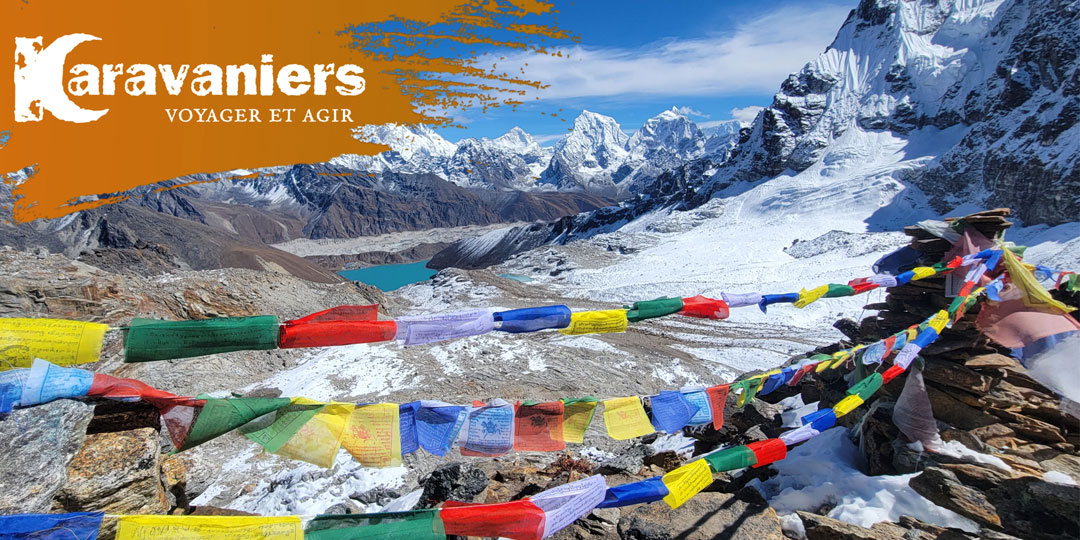
The karavaniers philisophy
Photo Credit : MJ Talbot, JF Hagenmuller, Bertrand Lenistour
In the early days, there were no companies in Quebec that exclusively offered so-called “adventure” trips, i.e. tours based mainly on physical activity. We seemed to forget that there is no more natural way to travel than walking, biking, sea kayaking and sometimes even mountaineering. Why? Because this voluntary slowness allows all the discoveries.
The Earth is a world of paths and traveling is essentially following some of them for a while. But which ones? The whole question is there. We believe that the best ones are often the least direct, just as meandering rivers are more beautiful. We think it is wise to stroll before arriving somewhere. To take your time to look and learn. So much so that we are surprised, each time, to what extent it is possible to get away from the common places, the busy roads, the flat destinations, simply by following “the rhythm of the steps”…
The main lines of our philosophy
1 – The routes
Building a tour takes a lot of time. We first dream about it together in front of the office maps.
The hardest thing is always not to go everywhere right away. So we choose. Many of our guides have already traveled a few months in this part of the world. But we go back. Scouting is that essential step in our travels where we test our ideas. We try things. We make mistakes. We look further.
We avoid the common places, the sites too visited or too changed, the roads without pleasure. And we discover these less frequented paths, these more obscure but true sites, all this authenticity, thanks to which the trip can finally grow and deserve to be offered to you. We take care of all the logistics ourselves (with the help of our local contacts) (itinerary, food, equipment, etc.).
Criteria that always influence our choices:
• The country that we forget about because its neighbor takes up all the space. The one where you can still find what you are looking for in vain among the crowds in the other country.
• What is less known about a country, but just as worthwhile. We know it because we have made the effort to check. For example, Huayhuash as much as Machu Picchu (Peru), the oasis of Siwa as much as the Valley of the Kings (Egypt) or the jungle of Lore Lindu as much as the Toraja country (Sulawesi).
• Travel less, but better. That is to say, limit yourself to one real region in order to really get to know it and to avoid the unpleasant accumulation of transportation by jeep, bus or plane. For example, only Abyssinia for Ethiopia, only Chania for Crete or only Torres del Paine Park for Patagonia.
• The importance of the way as much as the goal. This essential way to arrive. For example Gokyo and Cho la to go to Everest (Nepal), Meru to prepare Kilimanjaro (Tanzania) or the Black Valley on the way to Killarney (Ireland).
2 – Physical activity
Walking, sea kayaking, cycling or mountaineering are necessarily at the heart of the circuits. But they are always the means, not the goal, of a trip.
How to judge the difficulty of a tour?
We have chosen to define our trips by introducing the concept of “commitment”. We consider that a level of difficulty based only on physical effort is much too limiting. The commitment is therefore a general measure taking into account the physical difficulties, the altitude, the temperature, the distance, the degree of autonomy required, the comfort, the food, the duration of the trip, the relative modernity of the country, etc. Also, note that luggage, except for a day bag, is always carried by porters or pack animals (with rare exceptions).
For a complete description of the 5 levels, the website is very explicit and “effort” and “comfort” gauges are displayed at each trip, but there is nothing like a good discussion with someone from the office.
3 – Culture
Just because a trip is active doesn’t mean that it is less cultural.
4 – Groups
Our trips are always designed for small groups (8 to 12 people maximum, depending on the destination and itinerary*). In order to maximize our pleasure. But above all to minimize the effect of our passage on the local populations and on the environment (see our “ethical charter”).
5 – Safety
This aspect is of course essential. We know that the guide’s training is the main factor, that is why you will always have with you a guide who knows, for example, the risks of avalanche if you travel in the mountains, the currents if you paddle, etc. And again, he will be trained in first aid and will have a complete medical kit. On some tours, we have hyperbaric bags (for altitude), satellite phones or other equipment. Ensuring the safety of travelers is the first task of a guide!
6 – Fair prices and guaranteed departures
It is important to us to pay fairly ALL the people we work with (porters, cooks, drivers… and our guides of course). We do not sell products at a discount. And as the most important thing for a traveler is to make a trip (that is not cancelled at the last minute because of lack of participants), we have imagined a policy of guaranteed departures from 3 people (in most cases). This implies that the prices of some trips are based on the number of travelers. It is also important to compare comparables… and at this level we know that our prices are competitive.
7 – The implication
Creation of an “ethical charter” in order to reduce the sometimes negative impact of travel on local populations or on the environment (as much from the companies as from the travelers). Creation of the “Babu Chirri Sherpa” foundation to promote education in Solu-Khumbu.
8 – The team
We employ guides and not escorts. This implies a thorough knowledge of the trip and the countries visited (culture, history, traditions, language, etc.) and the technical knowledge associated with the chosen activities (first aid in remote areas, mountaineering, kayaking, etc.). The Karavaniers guide is usually assisted by local guides.



